Is it Possible to Modify Existing Child Custody Orders in Arizona?
When divorcing couples go through the dissolution of marriage or unmarried parents end their relationship, they are often looking to resolve areas of conflict as urgently as possible. The urgency to work things out and come to a divorce agreement or custody agreement can come at the cost of foresight and anticipation for changes that may happen several years down the road. It is, after all, impossible to fully anticipate every curveball that life is going to throw at us. Sometimes, the agreements that we arrange at the time of the separation or divorce may no longer be suitable years later. This applies to instances of spousal maintenance, child support, legal decision-making authority for a minor child (legal custody), and parenting time (physical custody).
It is possible to ask a family law court to modify legal decision-making and parenting time if sufficient evidence exists to show that modifying either of these two child custody arrangements is in the best interest of the children.
Under Arizona law, a parent must show a substantial and continuing change in circumstances has transpired, thus making it necessary for a family law judge to determine whether a change in custody should be ordered. This requires a parent to file the proper petition to modify child custody, and that child custody modification petition must include new evidence or allegations of specific facts that demonstrate a sufficient and significant change has occurred since the original child custody order was issued.
If the parent seeking modifications fails to demonstrate sufficient changes of circumstances, the petition for modification will likely be denied, and a child custody trial will not be scheduled. (It is worth noting that changes in circumstances cannot be based solely upon allegations and the facts or events that occurred prior to the original child custody order being entered.)
When either parent seeks a change to their child custody arrangement, it is highly recommended that they first seek professional legal representation from experienced Arizona child custody lawyers. Our law firm has extensive experience handling both divorce cases and child custody cases, including the complexities inherent in requesting child custody modifications. To learn more about our legal services, don’t hesitate to get in touch with our highly skilled legal team to set up your initial consultation today.
Under What Conditions Can a Parent Request a Change to Child Custody?
When both parents agree to changes in their existing child custody orders, a family law judge is likely to review the changes being suggested and sign off on the parent’s joint wishes. If, however, there is no agreement between the two parties, it may be necessary to go to trial to modify child custody. Changes in parental access and legal decision-making can only occur under certain circumstances.
Examples of circumstances where it may be necessary to consider child custody modifications include:
- The custodial parent moves out of state with the children, making it impossible for them to comply with a child custody provision that requires the children to attend school in Arizona.
- Either parent has remarried, changing the family dynamics.
- The child has reached the age of maturity to express their personal wishes for child custody.
- Joint custody becomes logistically impossible due to relocation, new employment, or other changes in circumstances.
- One parent becomes cognitively impaired or physically disabled.
- A parent who has limited parenting time due to a past with substance abuse may request a modification if they’ve undergone treatment and are secure in sobriety.
- If a parent suspects that the other parent is abusing or neglecting the child, they can file emergency modification requests.
- Parental alienation or failure to abide by existing child custody orders.
- The needs of the child have changed significantly since a family law court entered the original order.
What is an Emergency Petition to Modify Child Custody?
Family law courts may also grant emergency petitions to modify child custody or parenting time, provided that the petitioning parent raises sufficient allegations indicating that their children are at imminent risk of physical or mental harm.
In such cases, a family law judge can change or eliminate parenting time for a parent if there is sufficient cause for alarm. An evidentiary hearing may be called, during which the court will receive evidence from both parents to decide whether the emergency orders should stay in place, be further modified, or be canceled.
How to Request a Child Custody Modification?
To change legal decision-making authorities or parenting time orders, you usually have to file a motion with the court that issued the original order.
In order for the court to sign off on your proposed changes to the child custody order, you must show substantial changes in circumstances since the last hearing.
For legal assistance, you should seek legal help from experienced child custody attorneys.
When Can Custody Modifications Be Requested?
Arizona imposes certain time limits for those seeking to amend existing child custody orders. For example, a legal decision-making authority order cannot be modified for at least one year after the court has issued the original order, except in situations where there is the threat of abuse or harm to the child.
Contact Arizona Family Law Attorneys to Schedule a Case Evaluation Today
The lawyers of Arizona Family Law Attorneys have years of experience handling difficult child custody and parenting time cases, including those where one or both parents wish to modify existing custody and parenting time orders. If you have undergone a significant change in circumstances or fear for the safety of your child, you may be able to request changes in child custody orders by filing the proper forms and petitions. However, this process can be complicated. Please contact our law firm for legal guidance, and we will happily represent your interests throughout the entire process.
Schedule a case evaluation by contacting us at 480-448-0608.







